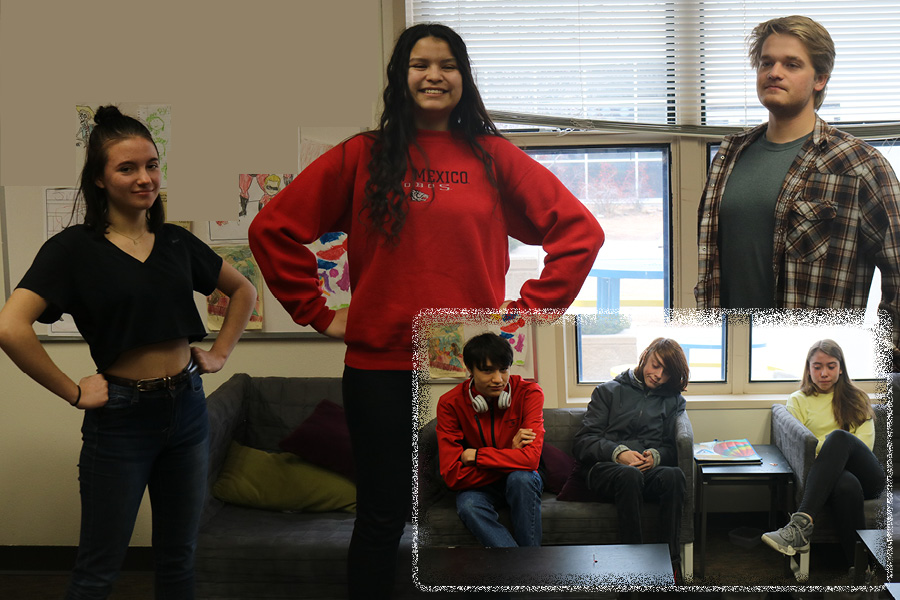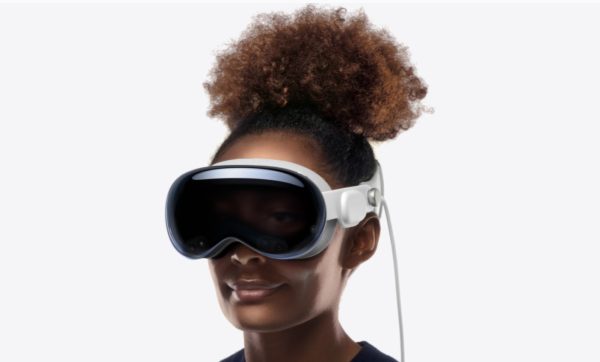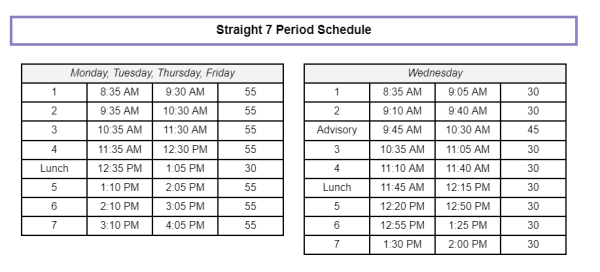Power Posing: Yes, It Works
February 12, 2020
People say that smiling for five minutes can cause happiness, but does this actually work? Studies say it does.
Smiling is not the only way someone can adjust their attitude and how they are perceived. Adopting a more open posture can also have a positive effect. An open posture is characterized as balanced and open, standing/sitting up straight and occupying more space.
Studies show that power posing before an important social evaluation, such as a job interview or a crucial presentation, can not only make a person feel more confident but can also help them perform better.
A 2012 Harvard study highlights how effective it can be to adjust one’s nonverbal behavior before an important social evaluation. The article states that non-verbal open postures are known to reflect high power not just in humans, but in other primates as well.
Not only do high power poses reflect power, but they can also produce it. Taking an open posture has been said to increase feelings of power along with risk-taking behavior.
A lot goes on in the body when one strikes an open posture. Levels of testosterone, a hormone connected to dominance and confidence, have been known to increase with expansive posture. Not only do testosterone levels increase, but cortisol, a hormone released due to stress, decreases.
According to Amy Cuddy and other Harvard researchers, “Power reduces stress, anxiety, and negative effects, which would presumably make an individual more confident, captivating, and enthusiastic.”
In contrast, the opposite is true of closed postures, which are characterized by a slouched, more reduced posture, taking up little space: humans feel less confident, they don’t perform as well, and they are often seen as inadequate.
Adopting postures of power causes people to feel more in control and positive, and this feeling of confidence can have a huge effect on performance.
In mock interviews designed to test the effects of non-verbal actions, people who presented with more confidence and open postures were more likely to be chosen for the job, according to dash.harvard.edu.
“The enhanced cognitive functioning resulting from power suggests that high power poses may boost speech quality,” Cuddy and the other researchers state. “However, considerably more research implies that high power poses would impact presentation quality.”
For more information watch Amy Cuddy’s TED Talk : https://www.ted.com/speakers/amy_cuddy












